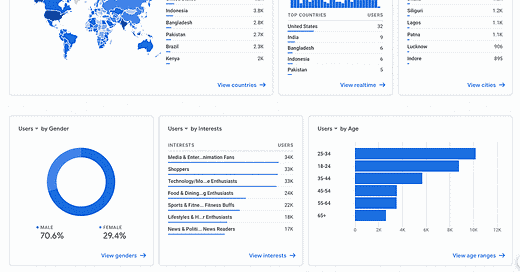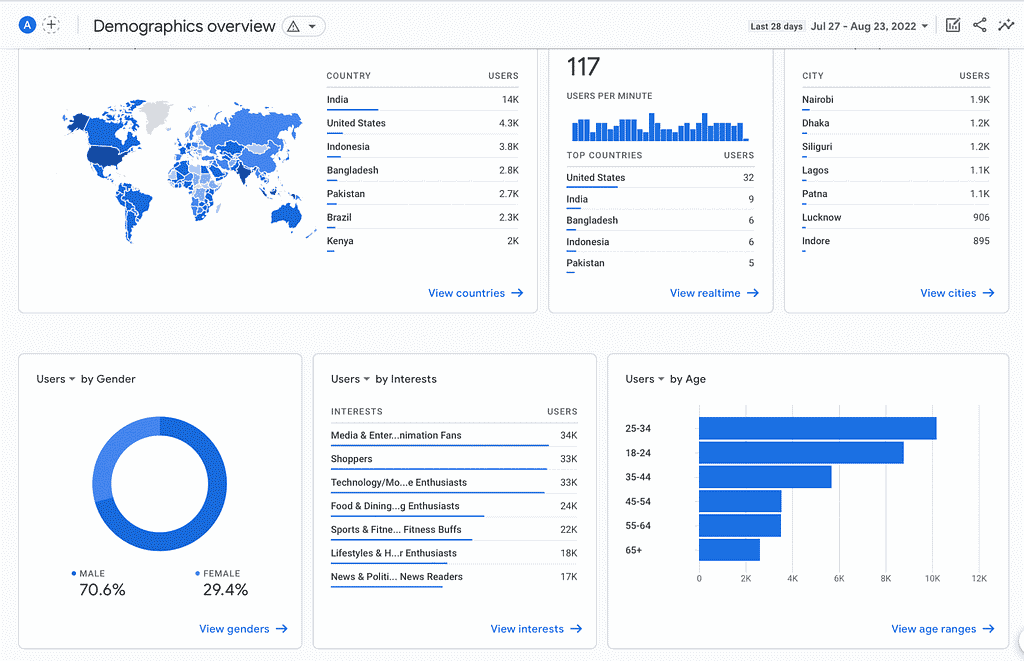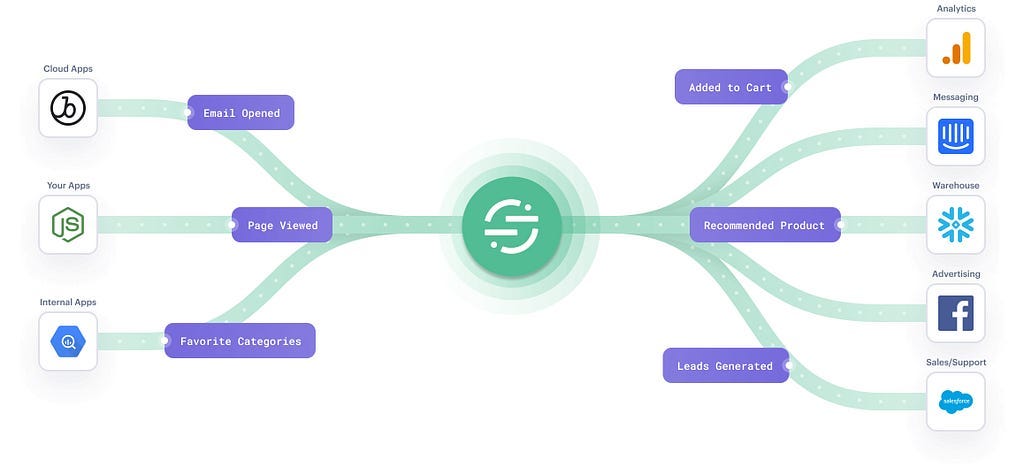Transitioning from SQL and Redash to GA4: My Findings and Opinion.
In product management, one rule is key: always base your decisions on solid data. Whether we’re building new products or improving old ones, we need to make sure our reasons are backed up by clear facts and figures.
Regularly launching new features isn’t enough for success, what matters is measuring and improving their effectiveness.
Product Managers need to consider development costs, potential delays, and market opportunities. Effective use of data is key to navigating these factors and optimizing new features for success.
Past Experience: Simple Tools, Full Control
When I first ventured into the path of data-driven product management, my toolkit was uncomplicated but remarkably effective.
I primarily used Redash, which I had connected to a variety of data sources, including our main product database and an events warehouse.
This setup provided an essential level of control over the data, which is a cornerstone for making well-informed decisions.
The advantages of this approach were immediately apparent: it allowed for customized reporting, facilitated faster decision-making processes, and provided the flexibility to blend object data with event data seamlessly.
Such a configuration underscored the value of a tailored data toolkit in product management, emphasizing not just the collection of data, but its strategic application in shaping product direction and innovation.
Transitioning to Google Analytics 4: A New Perspective.
Lately, due to not having the same setup, I shifted to Google Analytics 4 (GA4), a leap from my preference for raw data and SQL.
GA4 brought new dimensions to data analysis with its user-friendly interface and a suite of powerful features such as:
Visual Purchase Funnel
This tool provides an intuitive understanding of customer behavior throughout different stages.
User Exploration
The User Explorer in GA4 offers detailed insights into individual user activities, akin to what I valued in Mixpanel.
Custom Audiences
Powerful for marketing, this feature enables the creation of audiences based on specific events and values.
The Ever-Present Love for SQL and Raw Data
Even with GA4’s capabilities, my fondness for SQL and raw data analysis remains.
While GA4 offers a streamlined, efficient way to handle analytics, the depth and flexibility provided by SQL queries are unmatched.
They allow for a granular level of analysis, often crucial for complex decision-making processes like mixing and relating events data to object data.
Is GA4 Enough for Your Product?
The effectiveness of GA4 significantly hinges on the specific stage and size of your product.
For small to medium-sized products, GA4 offers impressive functionality, striking a fine balance between user-friendliness and comprehensive data analysis.
However, when products scale and their data requirements become more intricate, there’s a noticeable shift towards a need for deeper, SQL-based analysis.
This is particularly relevant for those handling larger and more complex products, where advanced event data utilization becomes crucial for tailoring recommendations and personalized experiences.
On the other hand, Google Analytics does not provide you access to your raw data, Unfiltered, raw analytics data is available on Google Analytics 360 via Google BigQuery, and is quite a bit pricier.
Own Your Data and Use Your Favorite Tool!
To streamline this process, it’s beneficial to unify your event collection. Tools like Segment.com are invaluable in this regard, simplifying the integration of events data without the need for constant rewriting of your events for each destination.
They also facilitate the distribution of data to various analytics tools and event warehouses, making the entire process more efficient with more options.
While GA4 stands as a robust tool for many product managers, particularly in the realm of less complex products, the requirement for SQL capabilities and deeper data analysis is undeniable in the context of managing larger, more nuanced products.
Remember, in the dynamic world of product management, selecting the right data tool that aligns with your product’s current stage is crucial.
As a wise man once said, “Data is the new oil.” Clive Humby
It’s the resource that fuels informed decision-making and strategic planning.









